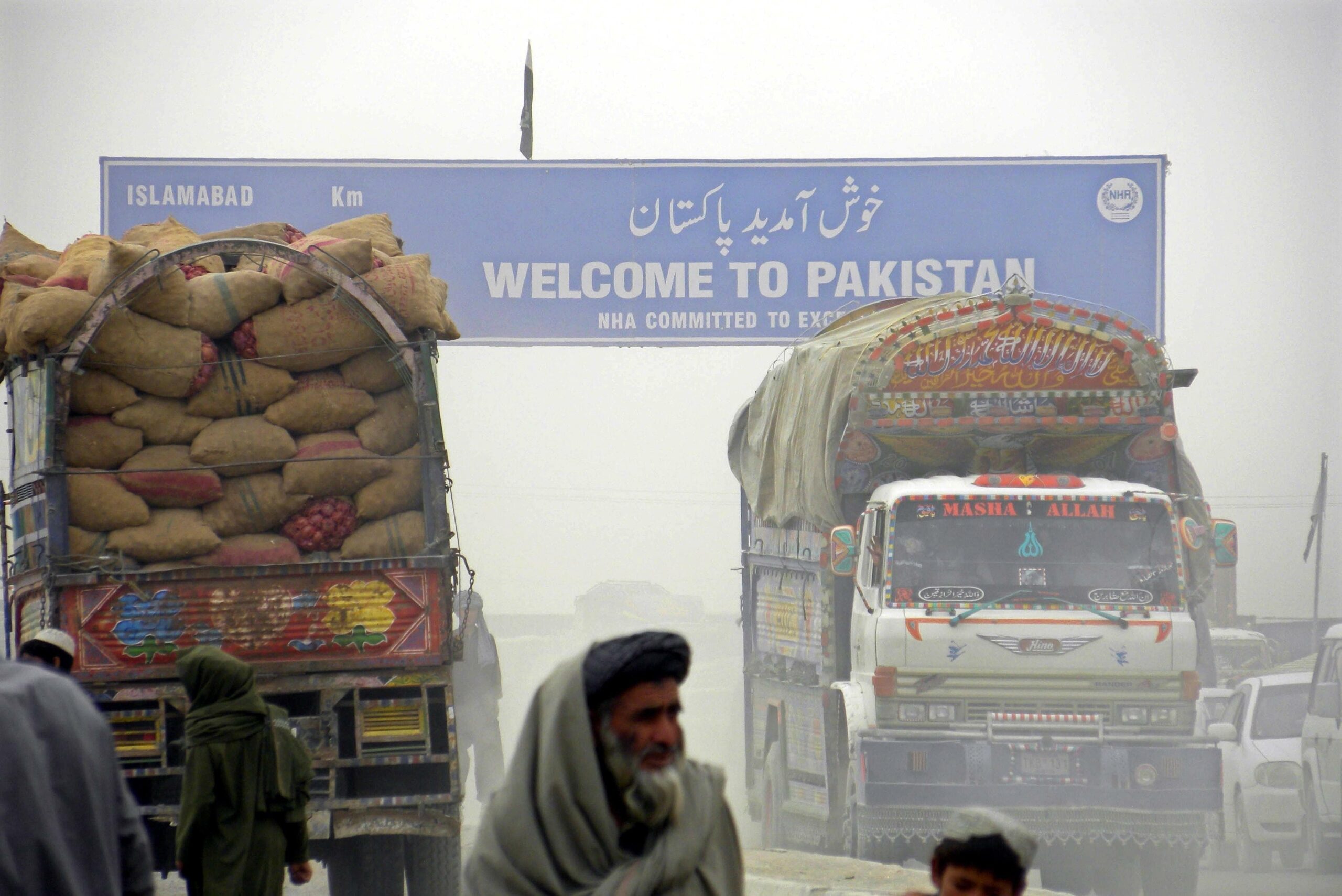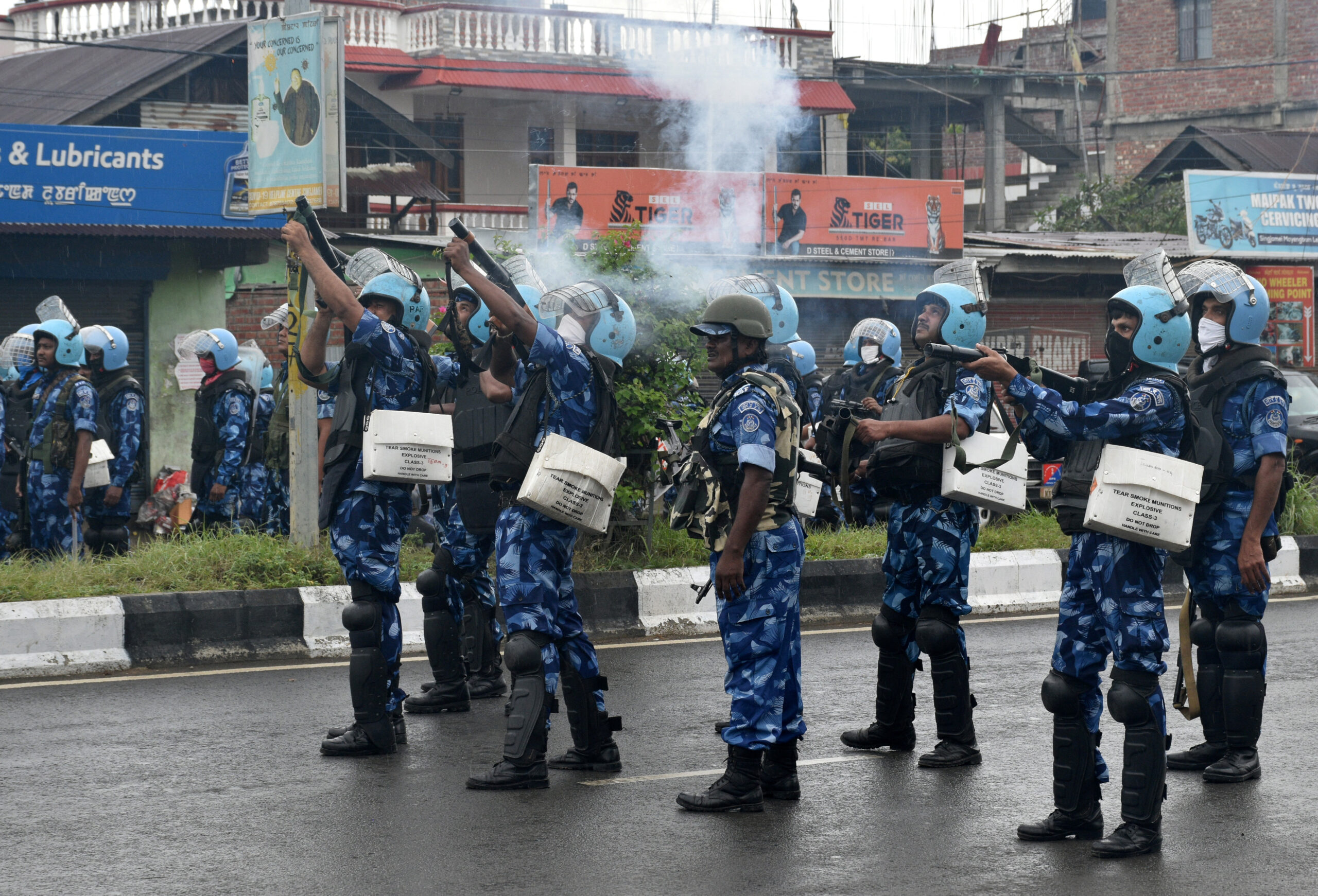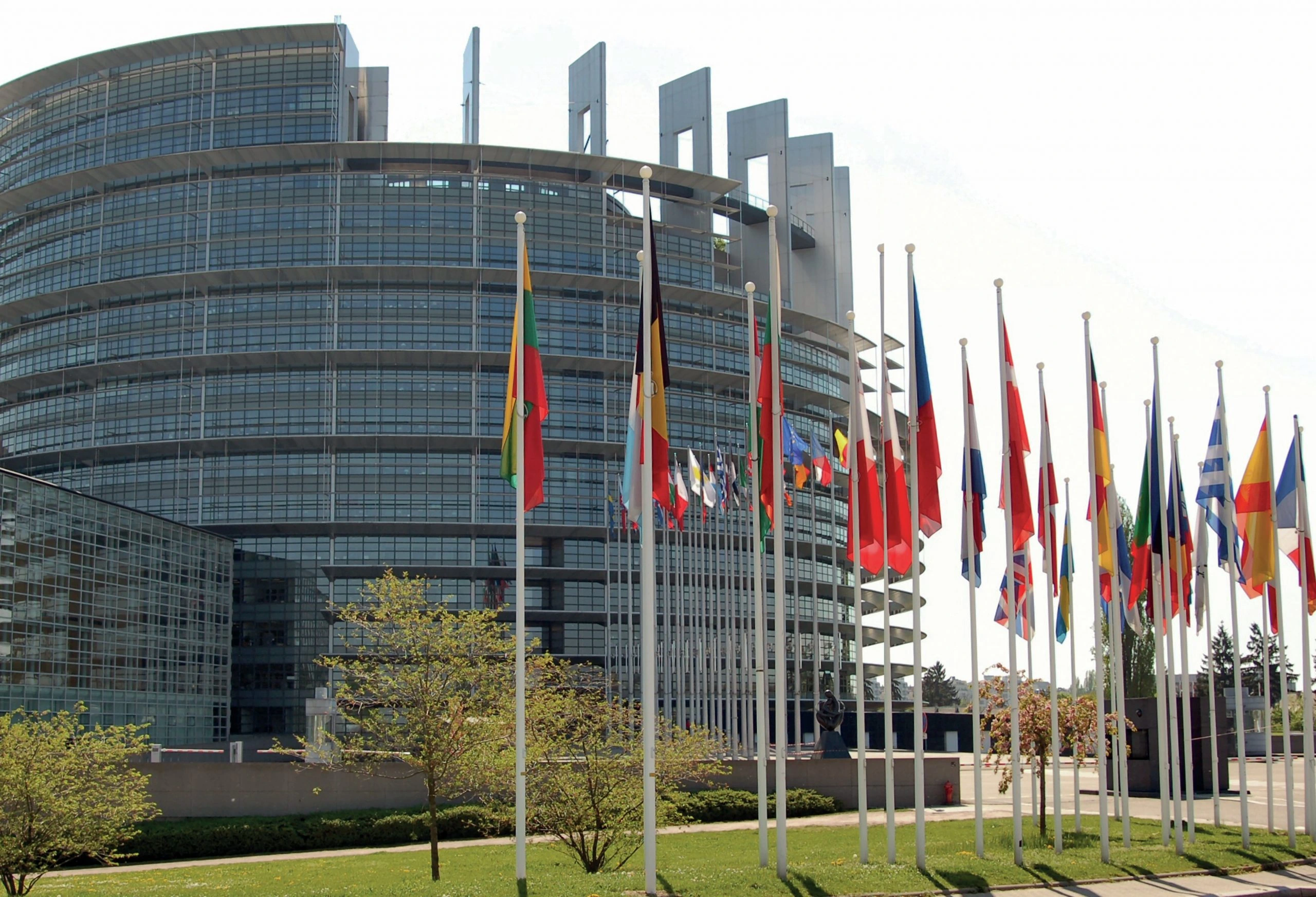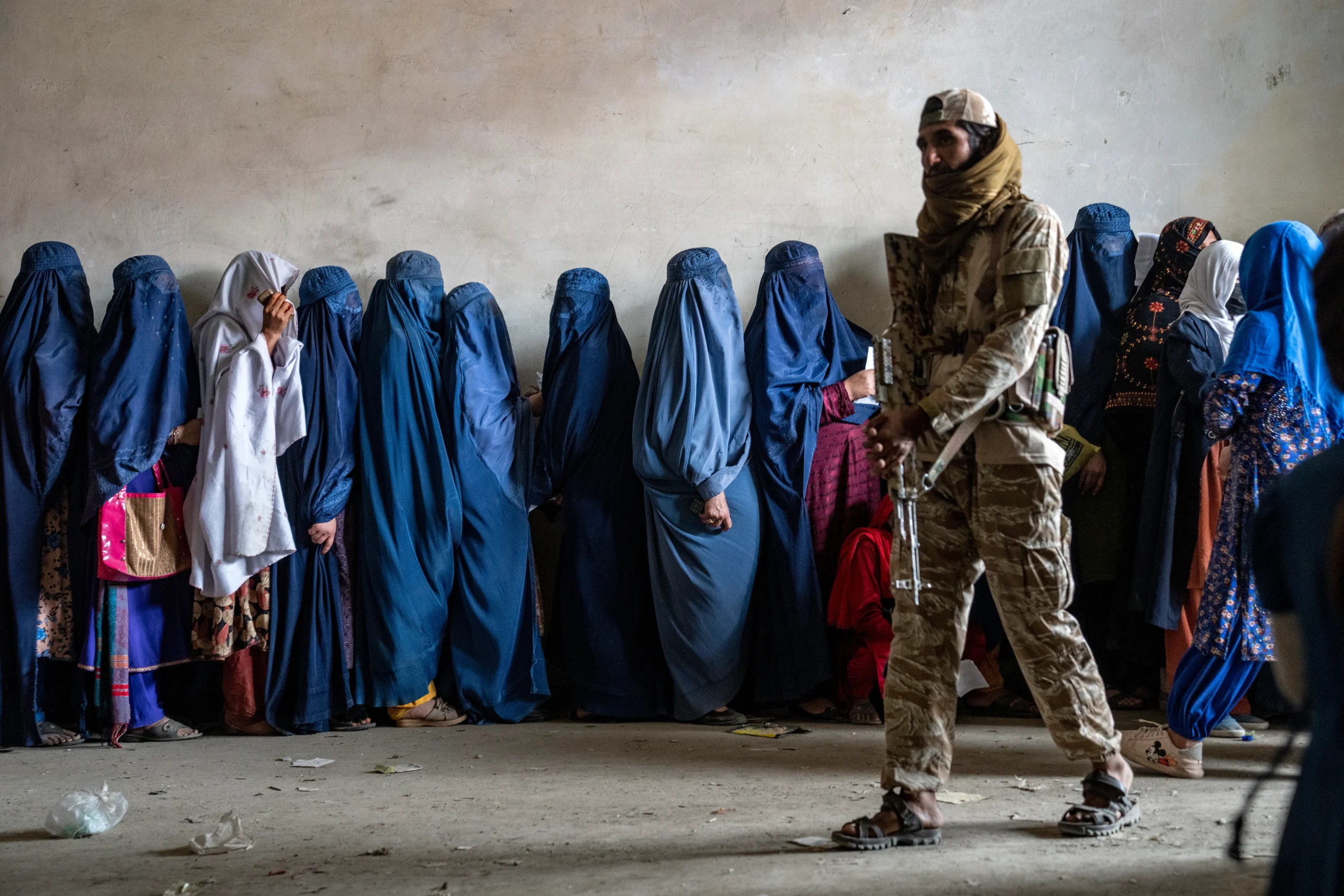In a significant turn of events, leaders of big Muslim countries including Bangladesh interim Prime Minister Mohammad Yunus, Pakistan Prime Minister Shahbaz Sharif and Iranian President Masoud Pezeshkian are reaching Egypt for D-8 summit. The D-8 Summit 2024 is being hosted by member country Egypt and major Muslim countries of the world including Turkey, Iran, Pakistan, Bangladesh, Indonesia, Malaysia and Nigeria are expected to participate in it.
From India’s point of view, Pakistan’s PM Shahbaz Sharif and Bangladesh’s interim government head Professor Mohammad Yunus will also be participate in the meeting.
Also See: Pakistan, Bangladesh Deepen to Expand Bilateral Cooperation
Purpose of D-8 Summit
The D-8 summit is being planned to improving member states’ position in the global economy discuss and increasing economic cooperation between the member countries. However, the 2024 D-8 summit is getting special attention because of the recent turmoil in Syria and the new interim government in Bangladesh led by Professor Mohammad Yunus.
As per the reports from local news channels in Pakistan, Premier Shahbaz Sharif has planned a trip to Cairo in the ensuing week of December, specifically from 18th to 20th, for the D-8 Summit. Apart from participating in the general discussions, an exclusive session focusing on the prevailing humanitarian crisis and rebuilding concerns in Gaza and Lebanon, is expected to be attended by him.
About D-8 Organization for Economic Cooperation
D-8 Organization for Economic Cooperation is an organization aimed at economic cooperation among Bangladesh, Egypt, Indonesia, Iran, Malaysia, Nigeria, Pakistan and Turkey. The D-8 establishment for Organization for Economic Cooperation was announced through the Istanbul Declaration of Summit of Heads of State/Government in 1997.
Objectives of D-8 Organization for Economic Cooperation including diversifying and creating new opportunities in trade relations, improving member states’ position in the global economy, and enhancing participation in decision-making at international level.
The eight nations of the D-8 organization together form a collective populace exceeding a billion individuals, forming a impressive market potential. On the economic front, the group of countries command a formidable cumulative gross domestic product of around 5 trillion dollars. This makes the D-8 a vital player in the worldwide economy, regularly contributing towards discussions surrounding economics and other pertinent matters.
This news is sourced from India and is intended for informational purposes only.

![D-8 Summit 2024: Leaders gather to enhance economic ties and discuss global challenges, with focus on Gaza and Lebanon. [Image via APP]](https://southasiatimes.org/wp-content/uploads/2024/12/1-148-768x498-1.webp)




